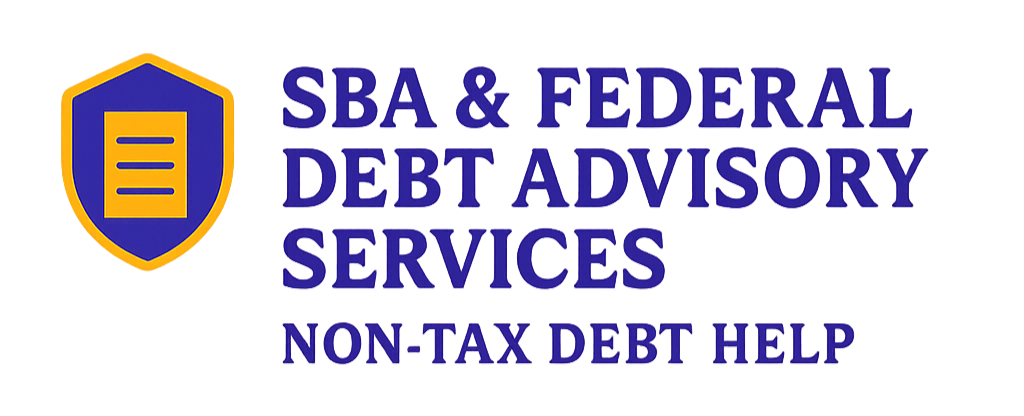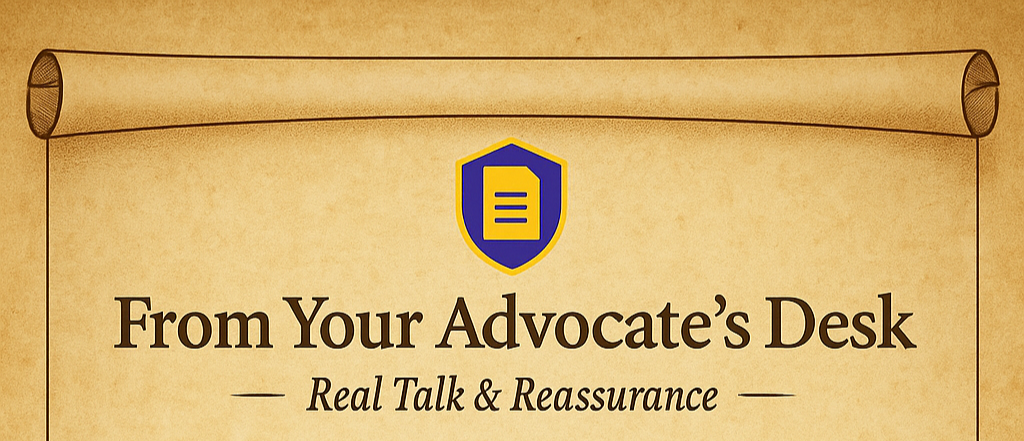
These actions can move forward without a court order, and IBR forgiveness eligibility may no longer apply.
Treasury doesn’t wait. If you’re already in default, the pause on forgiveness may not stop:
- Wage garnishment
- Social Security offsets
- Interception of tax refunds
That’s because these enforcement actions are administrative, not tied to your IBR status, and they move forward unless you formally intervene.
Even if forgiveness is paused, you still have rights. You may be able to:
- Request a hearing to pause wage garnishment
- Submit hardship documentation to reduce collection pressure
- Negotiate a payment arrangement with the agency assigned to your debt
Each agency is different, and the Bureau of the Fiscal Service often requires detailed forms, proof of income, and deadlines that are easy to miss if you’re trying to do it alone.
The Bureau of the Fiscal Service (and other federal agencies) send important notices by mail. Therefore, mailing to your last known address is considered legally valid notice. Even if you’ve moved, that letter still counts. Make sure your contact information is current with the Department of Education and the Bureau of the Fiscal Service. Check your mailbox regularly so you don’t miss a deadline to respond.
If your loan was transferred to Treasury, we help borrowers navigate this system every day, whether the goal is to pause garnishment, request relief, or understand what’s happening behind the scenes.
The forgiveness headlines don’t tell the full story. We do.
📎 Need a clear next step? Our infographic, Facing Garnishment? Your 3-Step Action Plan, walks you through what to do — and when — if Treasury has already started taking money from your check or refund.
Disclaimer: This resource is for informational purposes only and is not legal advice. SBA & Federal Debt Advisory Services is not a law firm and does not provide legal representation. We support individuals navigating federal debt processes as advocates and consultants. If your situation requires legal advice, you may wish to consult an attorney. This resource was created by SBA & Federal Debt Advisory Services. Learn more at NonTaxDebtHelp.com or schedule your free 15-minute consultation at: SBA & Federal Debt Advisory Services


 DisclaimerDisclaimer
DisclaimerDisclaimerLooking for more support and straight answers?
Check out these helpful posts:
Can the U.S. Bureau of the Fiscal Service Really Garnish My Wages?
From Your Advocate’s Desk – Real Talk & Reassurance

These actions can move forward without a court order, and IBR forgiveness eligibility may no longer apply.
Treasury doesn’t wait. If you’re already in default, the pause on forgiveness may not stop:
- Wage garnishment
- Social Security offsets
- Interception of tax refunds
That’s because these enforcement actions are administrative, not tied to your IBR status, and they move forward unless you formally intervene.
Even if forgiveness is paused, you still have rights. You may be able to:
- Request a hearing to pause wage garnishment
- Submit hardship documentation to reduce collection pressure
- Negotiate a payment arrangement with the agency assigned to your debt
Each agency is different, and the Bureau of the Fiscal Service often requires detailed forms, proof of income, and deadlines that are easy to miss if you’re trying to do it alone.
The Bureau of the Fiscal Service (and other federal agencies) send important notices by mail. Therefore, mailing to your last known address is considered legally valid notice. Even if you’ve moved, that letter still counts. Make sure your contact information is current with the Department of Education and the Bureau of the Fiscal Service. Check your mailbox regularly so you don’t miss a deadline to respond.
If your loan was transferred to Treasury, we help borrowers navigate this system every day, whether the goal is to pause garnishment, request relief, or understand what’s happening behind the scenes.
The forgiveness headlines don’t tell the full story. We do.
📎 Need a clear next step? Our infographic, Facing Garnishment? Your 3-Step Action Plan, walks you through what to do — and when — if Treasury has already started taking money from your check or refund.
Disclaimer: This resource is for informational purposes only and is not legal advice. SBA & Federal Debt Advisory Services is not a law firm and does not provide legal representation. We support individuals navigating federal debt processes as advocates and consultants. If your situation requires legal advice, you may wish to consult an attorney. This resource was created by SBA & Federal Debt Advisory Services.
